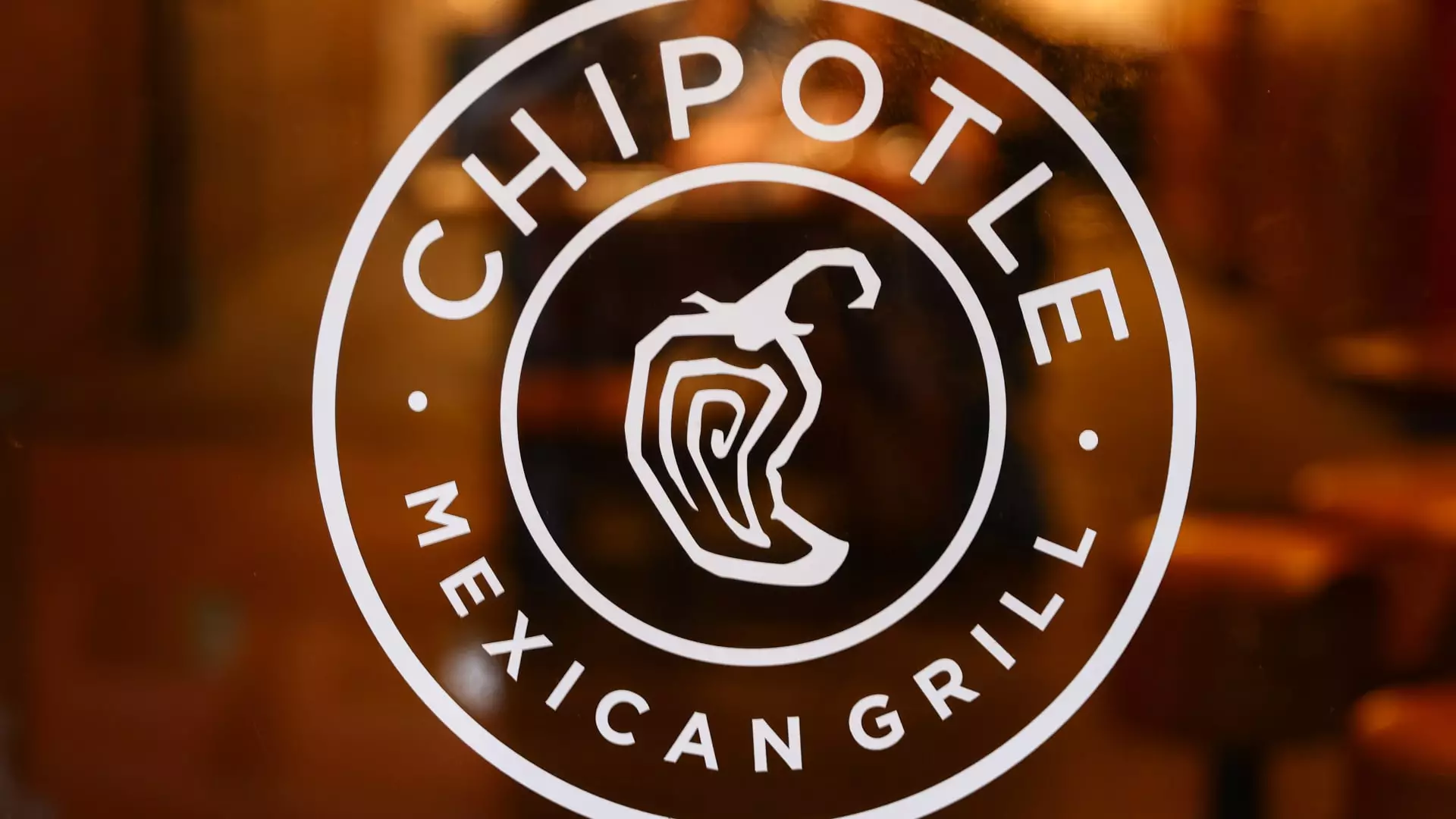Chipotle Mexican Grill’s announcement about its impending entry into the Mexican market is met with a mix of skepticism and intrigue. As the company prepares to debut its first restaurant in Mexico in 2026, one can’t help but question the viability of this ambitious endeavor. The fast-casual dining sector is fraught with challenges, especially when American chains attempt to plant their flag in the land that birthed the culinary traditions they attempt to emulate.
Cultural Misalignment and the Americanization of Mexican Food
One of the core issues confronting Chipotle is the cultural misalignment that arises from the American interpretation of Mexican cuisine. While Chipotle prides itself on “fresh ingredients” and customizable meals, these offerings often do not resonate with the authentic tastes cherished by Mexican diners. Past failures of U.S. chains, such as Taco Bell’s unsustained attempts to succeed in Mexico, highlight this very reality. The disdain for Americanized versions of traditional dishes could hinder Chipotle’s ambitions, making it crucial for the brand to navigate these deeply rooted culinary expectations with finesse.
Economic Climate and Trade Tensions
Compounding the challenges is the current economic landscape shaped by trade tensions. Recent years have seen a curious dance between the U.S. and Mexico, with tariffs on essential imports, like avocados, becoming a focal point of contention. Although Chipotle has diversified its avocado supply to some extent, the company still heavily relies on Mexico for about half of its avocado inventory. As President Trump’s trade policies fluctuated, this dependency could impose additional operational risks on Chipotle’s new venture. Every dollar spent on tariffs is a dollar that could have been reinvested into enhancing customer experience or developing more localized menu options.
The Free Market Dilemma: Authenticity vs. Profit
Moreover, in an age where consumers demand authenticity, one must question whether Chipotle can maintain its core values while also appealing to the local palate. The fast-casual chain’s approach to “fresh food” needs a pivot if it expects to gain traction in a market rich with gastronomical heritage. Chipotle’s marketing strategy will need to evolve, integrating local flavors and dishes rather than promoting a single narrative of “healthy fast food.” The danger in remaining stubbornly rooted in its successful U.S. model could lead to a stark incongruity that customers may find off-putting.
A Cautious Eye on Global Expansion
While expansion into new markets can yield substantial rewards, it can also spell disaster for entities that overreach their understanding of local customs. Chipotle’s aspiration to explore additional markets post-Mexico has a distinctly ambitious air, but maintaining the delicate balance of cultural resonance and profitability will be paramount. The success of this venture is anything but guaranteed, and while the prospect of increased market reach is enticing, one must wonder: will Americans’ perception of Mexican food ever align with what local consumers expect? The question looms large as Chipotle increases its footprint in a land rife with culinary pride.


Leave a Reply